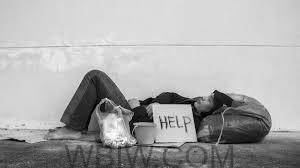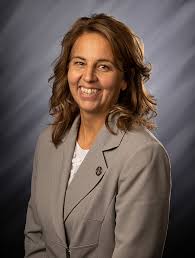
INDIANA– A new bill moving through the Indiana legislature has sparked fierce debate over its potential impact on the state’s unhoused population.

House Bill 1662, authored by Rep. Michelle Davis (R-District 58), seeks to prohibit communities from using state funds to provide permanent housing for homeless individuals. Instead, the bill would direct resources toward government-run homeless camps and temporary shelter facilities.
Key Provisions of House Bill 1662
Under HB 1662, it would be illegal to camp, sleep, or use state or local government-owned land for long-term shelter unless it has been specifically designated for that purpose. Violators could face a Class C misdemeanor, carrying a penalty of up to 60 days in jail or a $500 fine. Law enforcement officers must issue warnings and offer transportation to authorized shelters before making arrests. However, individuals could use the defense that no legal shelter was available within five miles.
Shift in Homelessness Funding
One of the bill’s most contentious aspects is its ban on using state funds for permanent supportive housing. This model has been widely recognized as an evidence-based approach to reducing homelessness. Instead, funding would be redirected toward:
- Providing bathrooms, drinking water, and electricity at parking lots
- Government-run homeless camps
- Individual shower facilities with bathrooms
- Congregate shelters aimed at transitioning individuals out of homelessness
An exception to the funding restrictions is made for shelters serving survivors of domestic violence.

Focus on Reducing Homelessness
While the bill eliminates funding for permanent housing, it does emphasize long-term reductions in homelessness by requiring funds to be used for:
- Treating substance abuse
- Providing mental health services
- Supporting short-term housing programs
Additionally, the bill proposes an incentive program that rewards service providers for successfully reducing homelessness rates, including lowering the time individuals spend unhoused, incarcerated, or hospitalized.
Enforcement and Legal Challenges
Local governments would not have the authority to allow public camping or sleeping on municipal property unless it is explicitly designated for such use. The bill further prohibits cities and towns from adopting policies that discourage enforcement of public camping bans. Local governments could face lawsuits from citizens, businesses, or even the Indiana Attorney General if they fail to comply.
Rising Homelessness in Indiana
Advocates argue that HB 1662 effectively “criminalizes homelessness” by penalizing individuals for sleeping in public spaces. They also express concern about eliminating funding for permanent supportive housing, which has been shown to improve long-term housing stability.
Activists have planned protests against the bill, particularly ahead of its hearing in the Committee on Government and Regulatory Reform. As the debate continues, Indiana lawmakers must weigh the potential consequences of shifting state funding away from permanent housing solutions while addressing the growing issue of homelessness.



